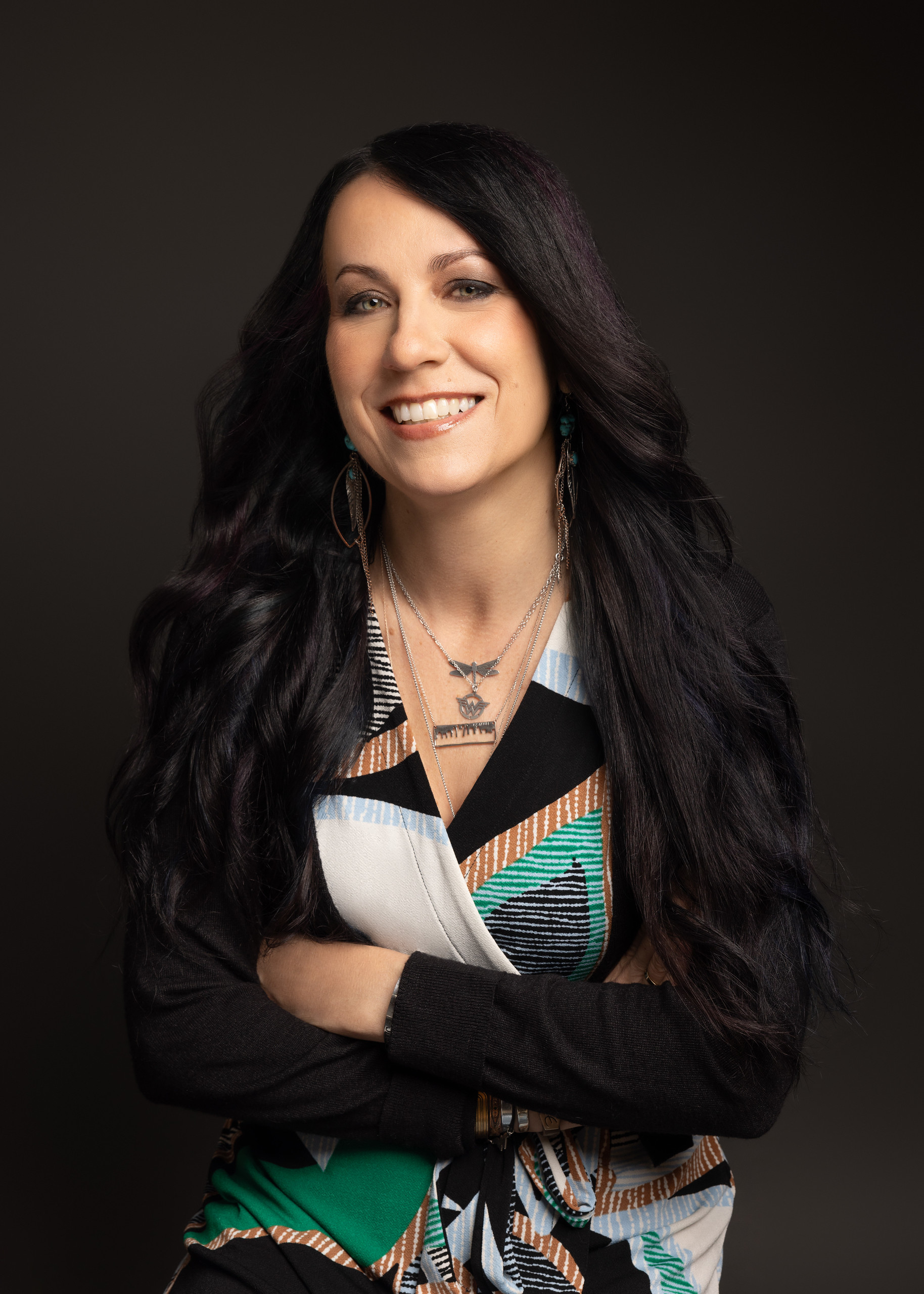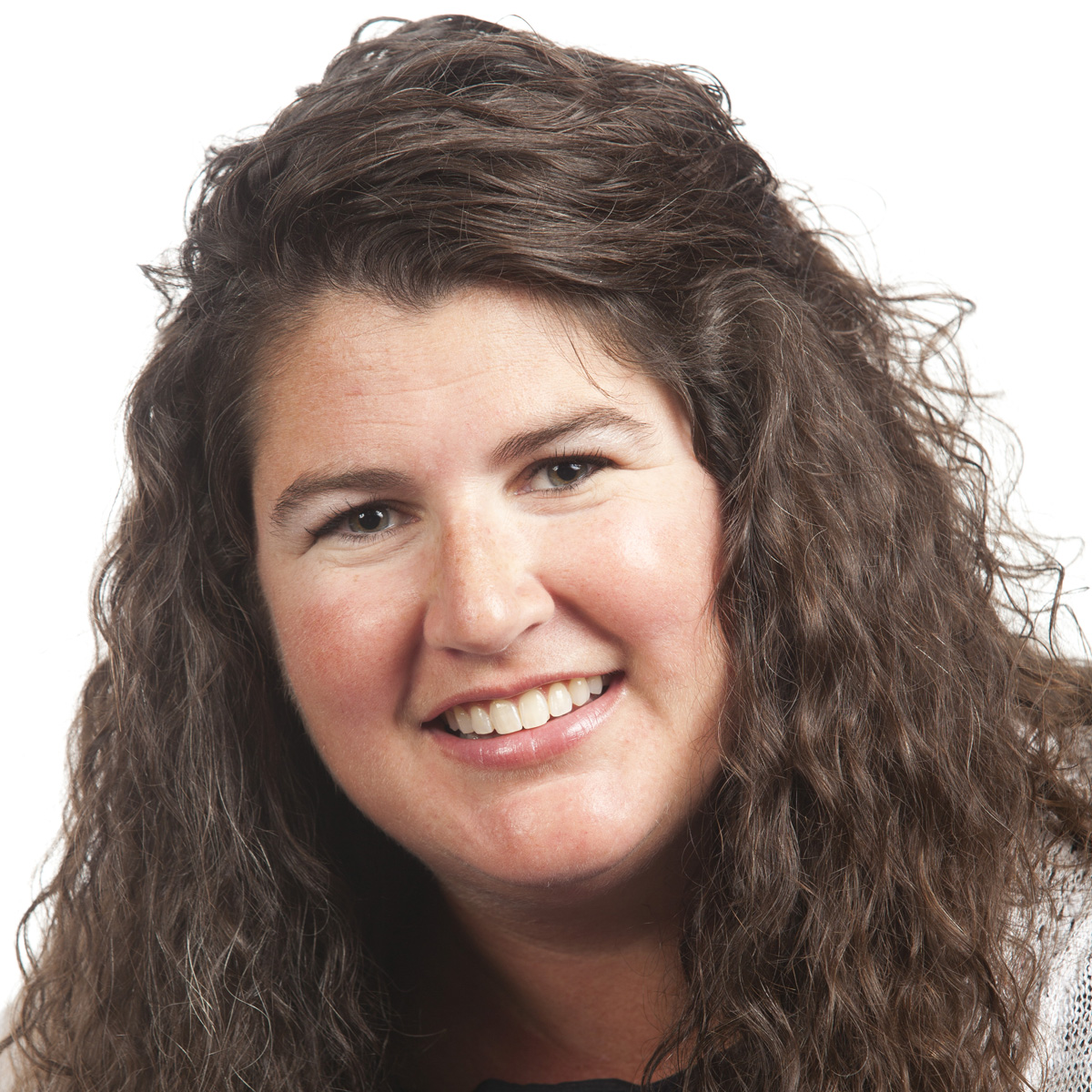

TEN Strategies to Support Teachers’ Development as Designers of Active Learning |
Listen and learn : Ed talk
Dr. Samantha Fecich Dr. Dennis McElroy Dr. Rachelle Dene Poth Dr. Mia Kim Williams
Designing authentic, learner-driven activities is challenging. What strategies and technology tools integrate meaningfully into the array of delivery modes and accommodate learner variability? This session will showcase a list of tested strategies and top tools every emerging and practicing teacher needs to be an accomplished Designer of learning.
| Audience: | Teachers, Teacher education/higher ed faculty |
| Skill level: | Beginner |
| Attendee devices: | Devices useful |
| Attendee device specification: | Smartphone: Android, iOS, Windows Laptop: Chromebook, Mac, PC Tablet: Android, iOS, Windows |
| Topic: | Online tools, apps & resources |
| Grade level: | PK-12 |
| ISTE Standards: | For Educators: Designer
|
| Additional detail: | ISTE author presentation |
| Related exhibitors: | Classtime, Renaissance, PebbleGo by Capstone, SpacesEDU & Curipod, Mote |
This session is designed to support teachers’ development in becoming stronger designers of authentic learning that draws from sound instructional design and innovative digital learning. A team of presenters will share strategies and digital tools intended to model authentic learning activities that maximize active learning and high-leverage practices.
Participants in this session will gain a breadth of ideas to support their teaching and students’ learning as designers in a variety of educational contexts. They will also be encouraged to discuss how they will implement the strategies into their practice, and share insights and challenges from their experiences as practicing Designers.
This session will start with a rapid-pace IGNITE-style presentation featuring ten strategies and tools crowdsourced from the ISTE leaders in teacher education. Each strategy will be connected to the ISTE Standards for Educators: Designer. While other standards are relevant, the focus of this selection of strategies and tools is to promote meaningful learning design.
After the initial presentation, participants will have an opportunity for general questions.
The remainder of the time will engage participants in a conversation about applying strategies in various contexts and student populations.
Participants will arrange in small groups.
Example questions to guide the discussion include:
1) How do/might you use these strategies or tools with your specific content, population, location, or delivery mode?
2) How might the strategies shared promote your growth as a designer to meet the details of the Designer standard? (for example: create, adapt and personalize learning experiences that foster independent learning and accommodate learner differences and needs.) The question could take many forms based on the details discussed.
3) How does this strategy look in varying grade levels? Modes of delivery?
4) What challenges do you face in designing authentic, active learning? How might these strategies help?
Finally, we will return to the whole group setting to explore insights, ideas, and issues from the small group discussions.
Cult of Pedagogy (2020). 6 Ed Tech Tools to Try in 2020. Retrieved from https://www.cultofpedagogy.com/6-ed-tech-tools-to-try-in-2020/
Edutopia (2020). Technology Integration. Retrieved from https://www.edutopia.org/technology-integration.
Fecich, S., Courduff, J., Poyo, S., Kiekel, J., Hessling, P., & Vohra, S. (2020). Moving from action to real action: Ideas for creating engaging online learning activities. International Society of Technology in Education Expert Webinar series.
Williams, M.K., L., & McElroy, D. (2021). Professional development is a plan, not a fix. In Ferdig, R.E., & Pytash, K. (Eds.), What Teacher Educators Should Have Learned from 2020. Association for the Advancement of Computing in Education (AACE). https://www.learntechlib.org/p/219088/
Williams, M.K., Schroer, J.E., Gull, C., Miller, J.C., and Axelson, S. (2020). Creating a support network to sustain student-centered, active pedagogy in emergency online learning. In Ferdig, R.E., Baumgartner, E., Hartshorne, R., Kaplan-Rakowski, R., & Mouza, C. (Eds.), Teaching, Technology, and Teacher Education during the COVID-19 Pandemic: Stories from the Field. Association for the Advancement of Computing in Education (AACE).

I'm fueled by pumpkin spice lattes and a passion for raising up the next generation of teachers to become educators of excellence with EduMagic. I'm an associate professor of education, author, and podcast host!.

Dr. Dennis McElroy is Professor Emeritus from Graceland University in Lamoni, Iowa. He was the 2020-21 ISTE Teacher Education Network PLN President. Dennis is an Apple Educator, technology advocate, and passionate teacher educator. His career has included time serving as a high school science teacher, technology director, Iowa DOE technology consultant, school board member, and university professor. In his free time he is a devoted father and grandfather as well as a gigging musician.


Rachelle Dené Poth is a STEAM and Spanish teacher at Riverview Junior Senior High School in Oakmont, Pennsylvania. She’s also an author, edtech consultant, attorney and frequent education conference presenter. Also an ISTE Certified Educator, Poth holds a Juris Doctor from Duquesne University School of Law, and a master's in instructional technology. She’s currently pursuing a second doctorate focused on edtech. Poth is the author of seven books, including Things I Wish [...] Knew, which includes the voices of 50 educators from around the world. She’s a past president of the ISTE Teacher Education Network, and a recipient of the ISTE Making IT Happen Award. Poth was named one of 30 K-12 IT Influencers for 2021, was selected as the 2017 Outstanding Teacher of the Year by the Pennsylvania Association for Educational Communications in Technology (PAECT) and was named one of “20 to Watch” educators by the National School Boards Association (NSBA). She writes for Getting Smart and Defined Learning, and hosts the “ThriveinEDU” podcast, as well as a project-based learning podcast by Defined Learning on the BAM Radio Network.

Mia Kim Williams, PhD is an Assistant Professor and Doctoral Program Coordinator in Learning, Design, and Technology at the University of Wyoming. Known for her work in innovative and critical pedagogy, Mia works with practicing and preservice teachers as well as doctoral students interested in promoting change in a variety of educational contexts. Mia's current research projects include using game design as a critical pedagogy and designing transformative digital learning spaces to promote active learning. She is an ISTE Community Leader and past Board Member. Mia worked previously as a classroom teacher of high school English and earth science.